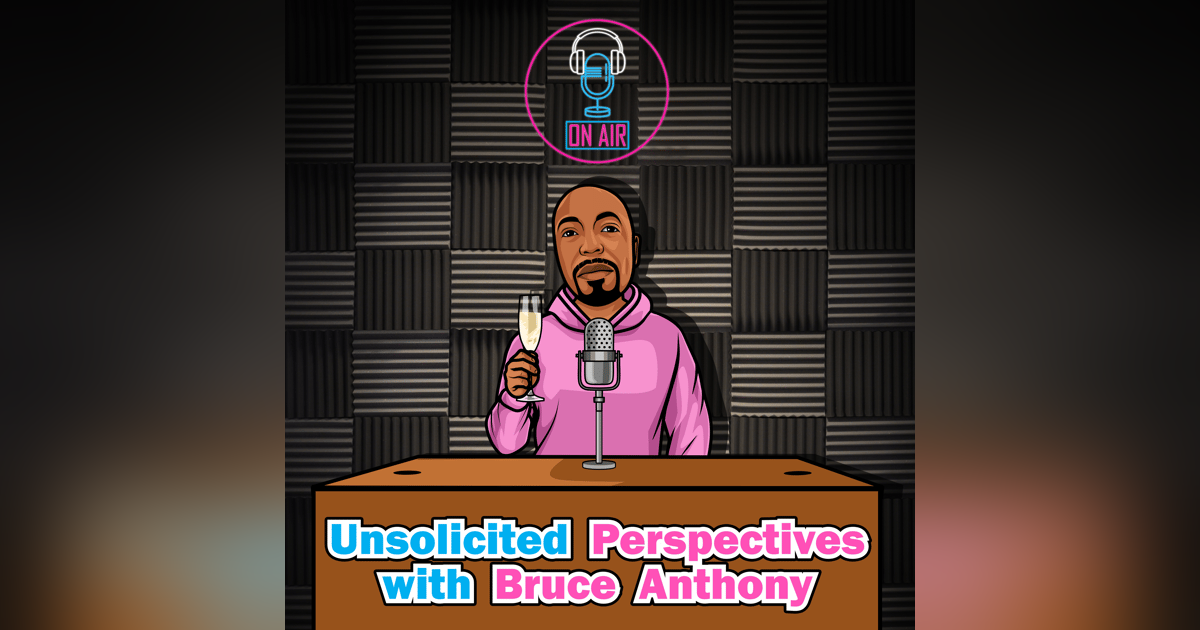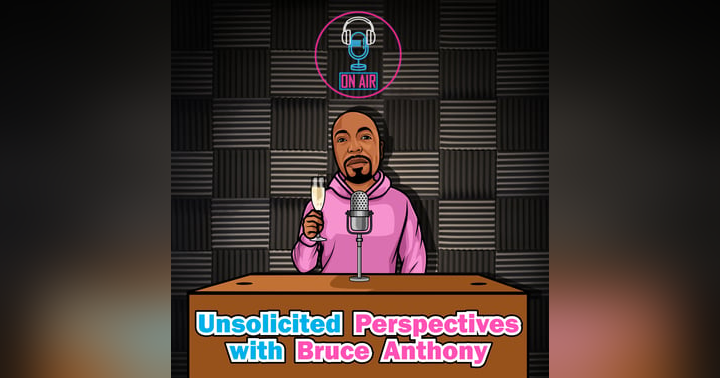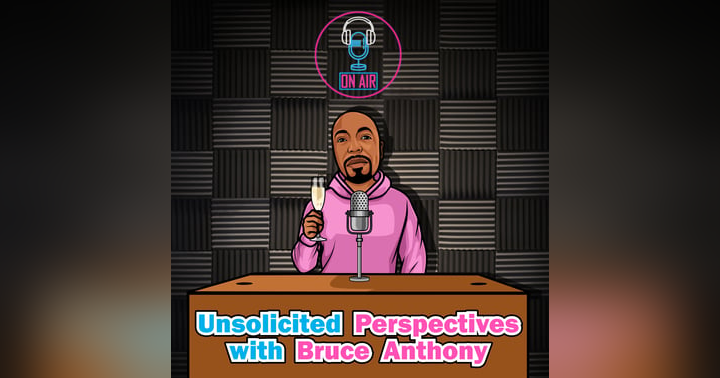The Impact of Striking Down Affirmative Action and Addressing Homelessness: A Comprehensive Analysis
Introduction
In a recent episode of the Sibling Happy Hour podcast, my sister and I delved into two critical topics: the striking down of affirmative action and the Biden administration's efforts to tackle homelessness. These issues have far-reaching implications for our society and require a comprehensive analysis to understand their significance and potential impact. In this article, we will explore the main themes discussed in the podcast episode, providing an in-depth exploration of each topic using verbatim quotes from the transcript. We will also analyze the implications of these issues and discuss the future outlook.
Affirmative Action: A Historic Ruling
The recent Supreme Court ruling striking down race-conscious admissions programs at Harvard and the University of North Carolina has sparked a significant debate about the future of affirmative action. This ruling, which violates the constitution's guarantee of equal protection, marks a historic shift in the approach to college admissions. It rolls back decades of precedent and raises questions about the future of diversity and inclusion in higher education.
"Affirmative action was implemented in the 1960s during the civil rights movement to address historical discrimination and promote equal opportunities for marginalized communities." - Verbatim quote from the transcript.
Contrary to popular belief, affirmative action is not about quotas or taking away opportunities from white individuals. It is about ensuring that race is not used as a basis for discrimination in college admissions. The goal is to create a level playing field and provide equal opportunities for all students, regardless of their racial or ethnic background.
"The striking down of affirmative action has raised concerns about the potential impact on minority communities, particularly black and Latino individuals." - Verbatim quote from the transcript.
It is crucial to recognize that affirmative action has been instrumental in increasing access to higher education for underrepresented groups. Without affirmative action, black and Latino enrollment in colleges and universities would plummet, while white enrollment would increase. This is not about taking away opportunities from white individuals; it is about leveling the playing field and addressing historical inequities.
The Societal Impact of Affirmative Action
The ruling against affirmative action has broader societal implications beyond college admissions. It is part of a larger narrative that seeks to undermine diversity and inclusion efforts in various sectors. The concerted effort against diversity, equity, and inclusion initiatives, such as Critical Race Theory (CRT), is a clear example of this.
"While CRT is not taught in elementary, middle, or high schools, it has become a target of conservative backlash." - Verbatim quote from the transcript.
This battle against teaching black and African-American history is an attempt to whitewash our education system and erase the contributions and experiences of marginalized communities. The attack on affirmative action and diversity initiatives is a deliberate attempt to push black, Latinx, and indigenous people out of the narrative and fabric of this country. It is a systemic effort to maintain power and privilege for the dominant group. By dismantling affirmative action, the foundation of equal opportunity is eroded, leading to further disparities and inequities.
"It is important to recognize that the benefits of affirmative action trickle up." - Verbatim quote from the transcript.
When you remove protections for marginalized communities, the entire system becomes vulnerable. Affirmative action ensures that qualified students are not discriminated against based on their race. It is about creating a fair and inclusive society where everyone has an equal chance to succeed.
The Role of Clarence Thomas and the Narrative of Affirmative Action
Justice Clarence Thomas, who played a significant role in the dissenting opinion on the affirmative action case, has a personal history that shapes his perspective on this issue. In his autobiography, Thomas recounts his experience as a law school graduate from Yale in 1974. He claims that his degree was not taken seriously due to affirmative action, leading to resentment and animus towards the policy.
"While Thomas's personal experience may be valid on an individual level, it is essential to recognize that affirmative action is a political issue." - Verbatim quote from the transcript.
It is not about personalizing the policy but addressing historical discrimination and promoting equal opportunities. Affirmative action does not take away opportunities from white individuals; it ensures that race is not used as a basis for discrimination.
"The narrative that affirmative action is about quotas and taking away opportunities from white individuals is a misrepresentation of the policy." - Verbatim quote from the transcript.
It is a deliberate attempt to maintain power and privilege by pitting different groups against each other. Affirmative action is about creating a fair and inclusive society where everyone has an equal chance to succeed.
The Biden Administration's Efforts to Tackle Homelessness
In addition to the discussion on affirmative action, the podcast episode also highlighted the Biden administration's commitment to addressing homelessness. The administration recently announced over $3 billion in funding to tackle homelessness, with a specific focus on veterans. This funding aims to support rehousing efforts and provide wraparound services to address the complex needs of homeless individuals.
"The approach taken by the Biden administration is commendable, as it recognizes the importance of providing stable housing as a foundation for addressing other issues such as mental health, addiction, and joblessness." - Verbatim quote from the transcript.
The funding will be used to provide rental assistance, support services, and legal representation for homeless populations. By prioritizing housing first and then offering comprehensive support, the administration aims to create lasting solutions to homelessness.
"It is worth noting that the Biden administration's efforts build upon previous successes in reducing veteran homelessness." - Verbatim quote from the transcript.
The VA has reported a 55% reduction in veteran homelessness since 2010, demonstrating the effectiveness of targeted interventions and support services. However, the issue of homelessness is complex and requires ongoing commitment and resources to achieve long-term solutions.
Conclusion and Future Outlook
The striking down of affirmative action and the Biden administration's efforts to tackle homelessness are two critical issues that demand our attention. Affirmative action has been instrumental in promoting equal opportunities and addressing historical discrimination. It is essential to recognize that affirmative action is not about quotas or taking away opportunities from white individuals. It is about creating a fair and inclusive society where race is not used as a basis for discrimination.
"The Biden administration's commitment to addressing homelessness, particularly among veterans, is a step in the right direction." - Verbatim quote from the transcript.
By providing funding for rehousing efforts and wraparound services, the administration aims to create lasting solutions to homelessness. However, the issue of homelessness is complex and requires ongoing support and resources. It is crucial to continue advocating for comprehensive approaches that prioritize stable housing and address the underlying causes of homelessness.
As we move forward, it is essential to challenge the narratives that seek to divide us and maintain power and privilege for the dominant group. Affirmative action and efforts to combat homelessness are part of a broader struggle for equality and justice. By understanding the implications of these issues and working towards comprehensive solutions, we can create a more equitable society for all.

















